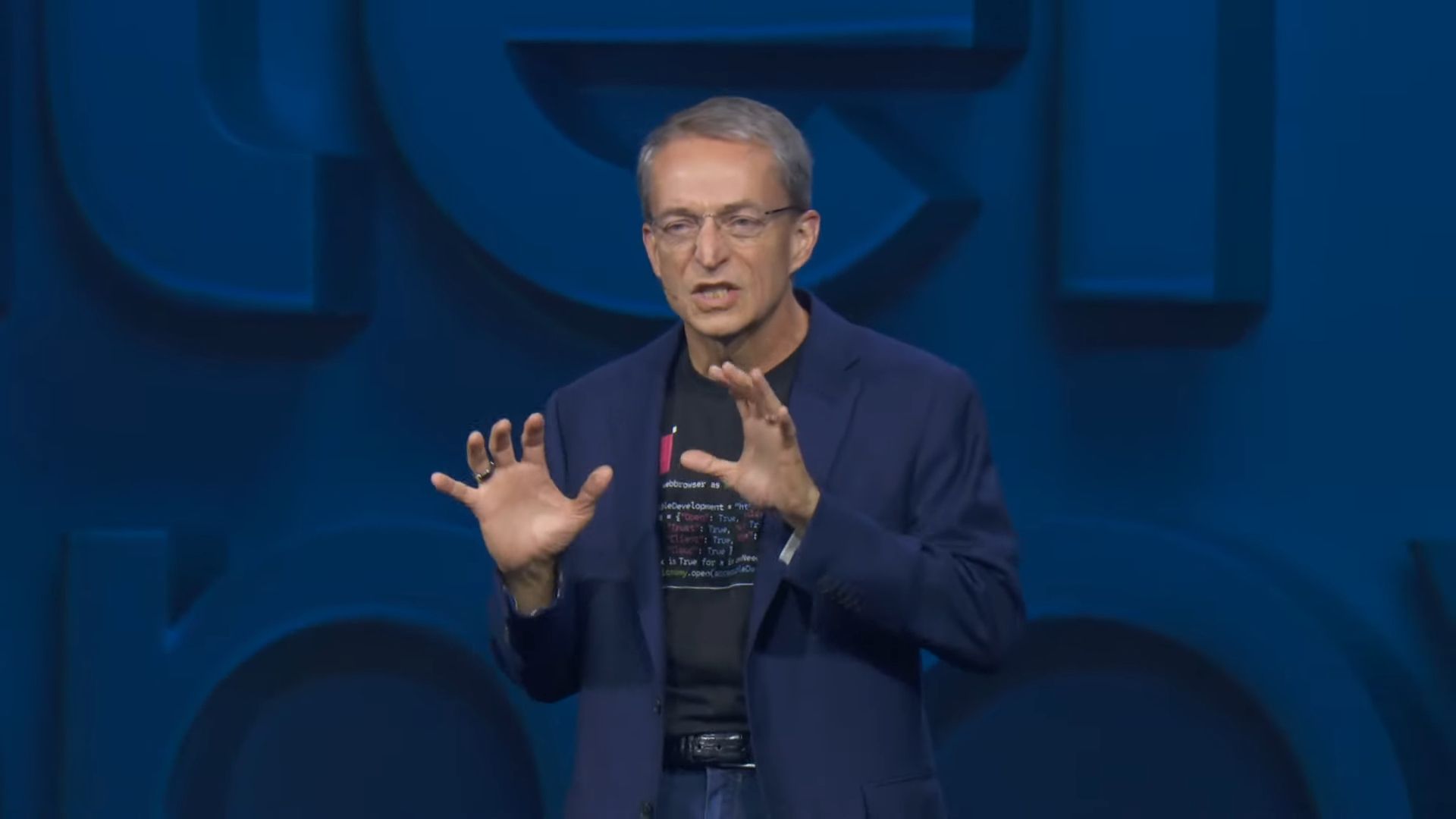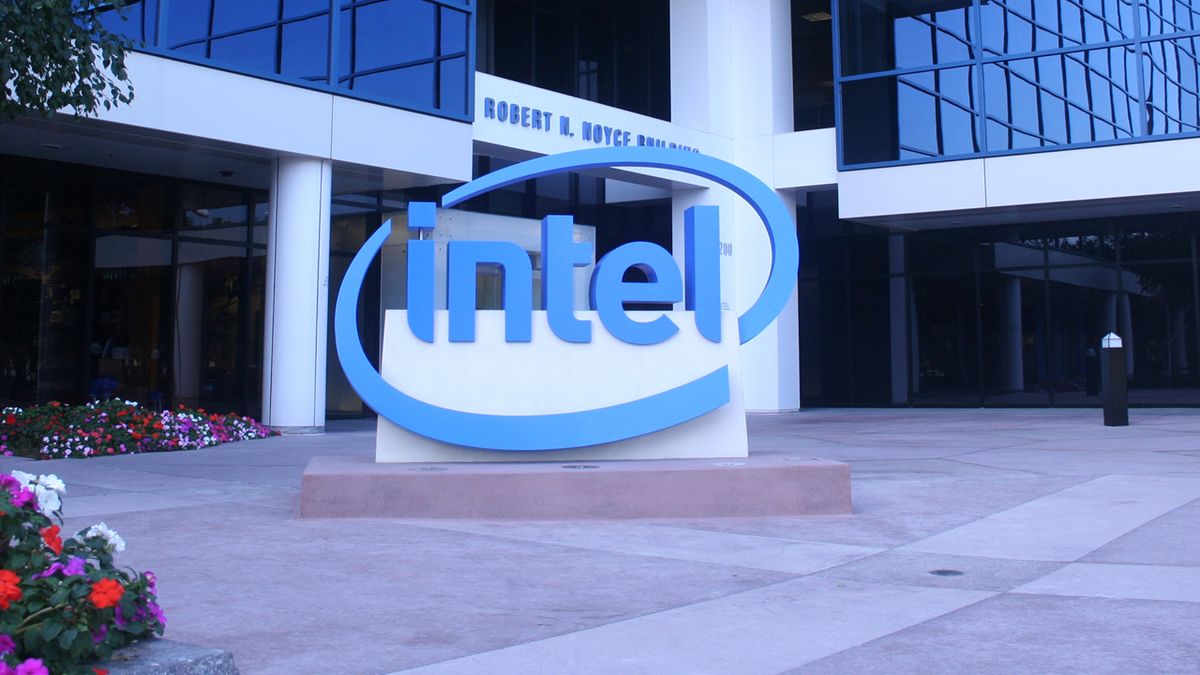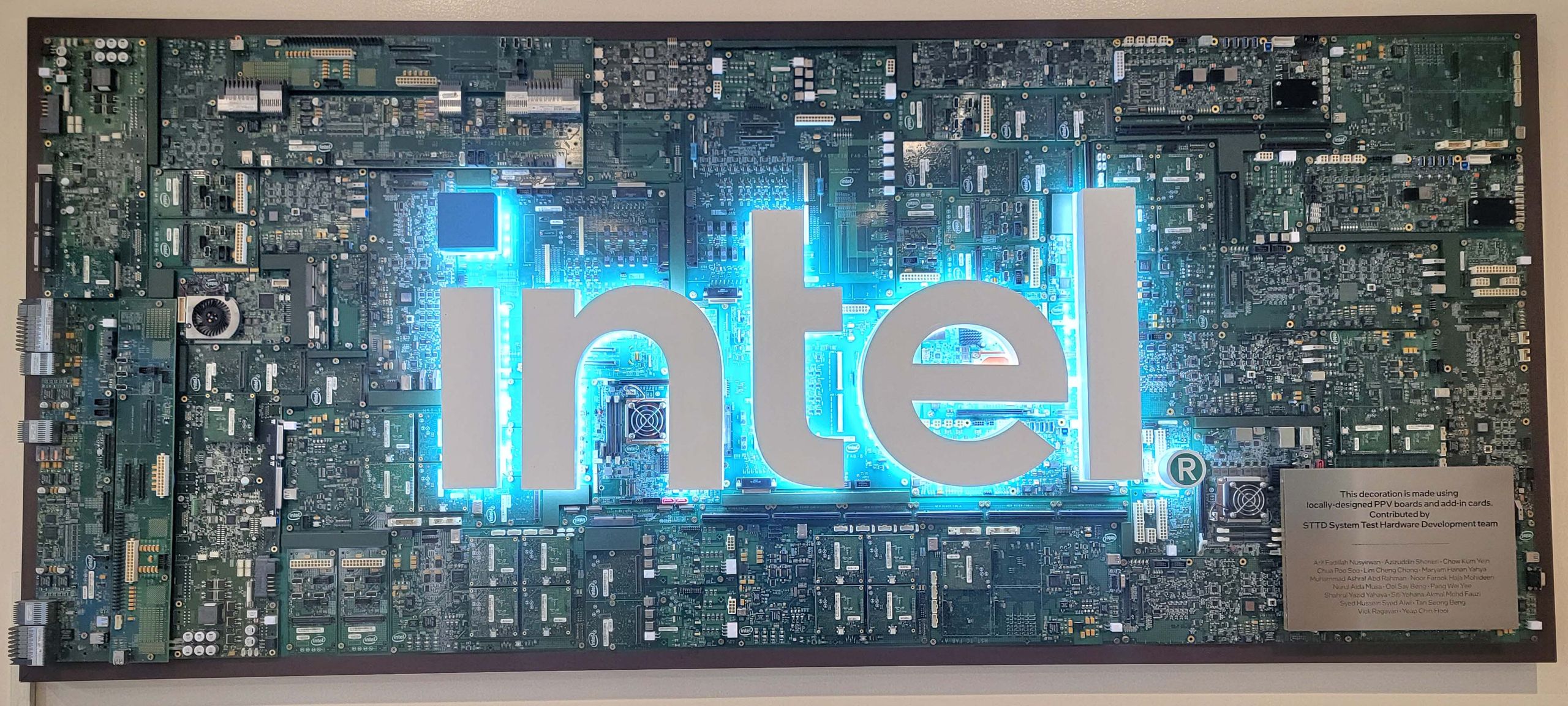Much like microsoft, their true strength has been strong-arming OEMs.would also be the end of Intel. Their strength was never design.
Intel could completely die along with their architecture and i'd be 100% fine with this.
Much like microsoft, their true strength has been strong-arming OEMs.would also be the end of Intel. Their strength was never design.
What would happen to their IP? Mostly I mean the standards like PCI and USB, that everyone uses.would also be the end of Intel
Dunno. Not saying they’ll go out of business. Even IBM still exists. Just nobody cares. Also, keep in mind that a lot of that IP is expired - patents last 20 years, for instance.What would happen to their IP? Mostly I mean the standards like PCI and USB, that everyone uses.

There is an emergency board meeting to discuss further cuts. However, now reports are that Intel is not currently entertaining selling off its foundry business but proposing to sell off Altera and withdrawing from big capital investments:

Intel CEO will reportedly present plans to cut assets at an emergency board meeting — chipmaker may put $32B Magdeburg plant on hold and sell off Altera
Pat Gelsinger's Intel woes continue.www.tomshardware.com
It feels that way but it was 2015 which horrifyingly was already 9 years ago. I suppose it depends on how recent you feel that is.Didn’t they just buy altera? LOL.
Yikes! I really thought it was much more recent. Time flies.It feels that way but it was 2015 which horrifyingly was already 9 years ago. I suppose it depends on how recent you feel that is.

Intel is now facing possible removal from the index due to a severe drop in its stock price this year, says analysts and investors in a Reuters report.
Your link: "“Intel 18A is powered on, healthy and yielding well, and we remain fully on track to begin high volume manufacturing next year,” a spokesperson told Reuters"Bad yields?
Your link: "“Intel 18A is powered on, healthy and yielding well, and we remain fully on track to begin high volume manufacturing next year,” a spokesperson told Reuters"
Perhaps a more fundamental issue? Lunar Lake will be on TSMC N3B.
ETA, the -A processes are supposed to have backside power delivery, "RibbonFET" (one more name for GAAFET) and fancy-ass transistor stacking. It sounds to me as though Intel was reaching hard to implement all the new features at once and either came up short or had inadequate cell libraries.
Except, it was not reported that Broadcom said that. The article says that Broadcom was disappointed with the results. Which might mean poor yields, or it could mean that the performance of the final working product is not up to what they were expecting.what they would say if broadcom says yield is bad
Except, it was not reported that Broadcom said that. The article says that Broadcom was disappointed with the results. Which might mean poor yields, or it could mean that the performance of the final working product is not up to what they were expecting.
Except, it was not reported that Broadcom said that. The article says that Broadcom was disappointed with the results. Which might mean poor yields, or it could mean that the performance of the final working product is not up to what they were expecting.
Arrow Lake now to be manufactured on TSMC rather than Intel's internal 20A node, link for the article says its 18A that is scrapped but article itself says that Intel has scrapped 20A which, that 20A was only ever to be a short lived node anyway, that scraping it was probably due to cost cutting measures of not bringing the node fully online (but now they have to pay TSMC for the privilege of manufacturing their dies), and that Intel claims they took everything they needed to know from developing it to make 18A, which is the going to be the main one for themselves and their foundry customers, successful:I don’t understand that. Performance is part of yield. Poor yield doesn’t always necessarily mean “too many chips are broken.” It often means “only 5% of the chips meet the targeted speed.”
Additionally, it is almost never the case that a rocket lot comes back and there is a performance problem and the performance problem is caused by process. It’s almost always a design error. This is because long before you send real payloads through, you send ring oscillators and other test circuits through, so the performance is pretty well understood and characterized early on.
I’d bet the farm the problem is yield, and that the yield problem is mostly functional.


[Qualcomm is exploring] the buyout of Intel's client PC design division, which develops chips for laptops and desktops. This unit has caught Qualcomm's attention as Intel faces difficulties maintaining its cash flow and shedding assets.

Intel’s loss was reportedly an excruciating blow to the hopes of its IFS contract manufacturing business (now known as Intel Foundry). The contract, considered worth approximately $30 billion in revenue, will instead feather the nests of rivals AMD and TSMC and their shareholders.
Interestingly, Intel’s quibbling over profit margins is said to have led to a win by the currently established Sony processor design partner. Reuters sources say Intel locked horns with Sony over the profit margin per chip supplied. However, with the massive volumes of game consoles sold by Sony, sometimes upwards of 100 million per generation, smaller margins are more typical. Suppliers appreciate the steady, reliable income over several years and are usually happy to entertain smaller margins. In Intel’s case, getting its foundry business rolling should or would have been an extra consideration.
Funny how the initial reports got it half-right, not spinning the foundry off completely, but it is now an independent (maybe needs scare quotes?) subsidiary.
Foundry to be separated out as an independent subsidiary, hoping to convince potential customers that honest, you can trust Intel Foundry. Continued cost-cutting efforts. Voluntary early retirement/separation has accounted for about half of the 15,000 headcount reduction planned by EOY, actual layoffs will begin soon. Fab buildouts in Poland and Germany on hold. Looking to sell "part" of Intel's stake in Altera to "generate proceeds for Intel on Altera's path to an IPO".
These things don't inspire confidence in me, but I'm sure at least some of them will be eaten up by Wall Street, which loves cost cutting and layoffs. Never mind if you had to incentivize a lot of your most senior, experienced people to leave by offering separation bonuses. (And it's always going to be those people who take the offer / are targeted by it: they're making more money so they help Intel's next quarterly more, and they know they can get another job elsewhere.)
(I hope Altera survives its ejection from Intel. Wouldn't be good to be down to just one major player in the FPGA space.)
They’re still considering a complete spin-off. And, honestly, this is how you’d likely do it. A first step.Funny how the initial reports got it half-right, not spinning the foundry off completely, but it is now an independent (maybe needs scare quotes?) subsidiary.
This site uses cookies to help personalise content, tailor your experience and to keep you logged in if you register.
By continuing to use this site, you are consenting to our use of cookies.
